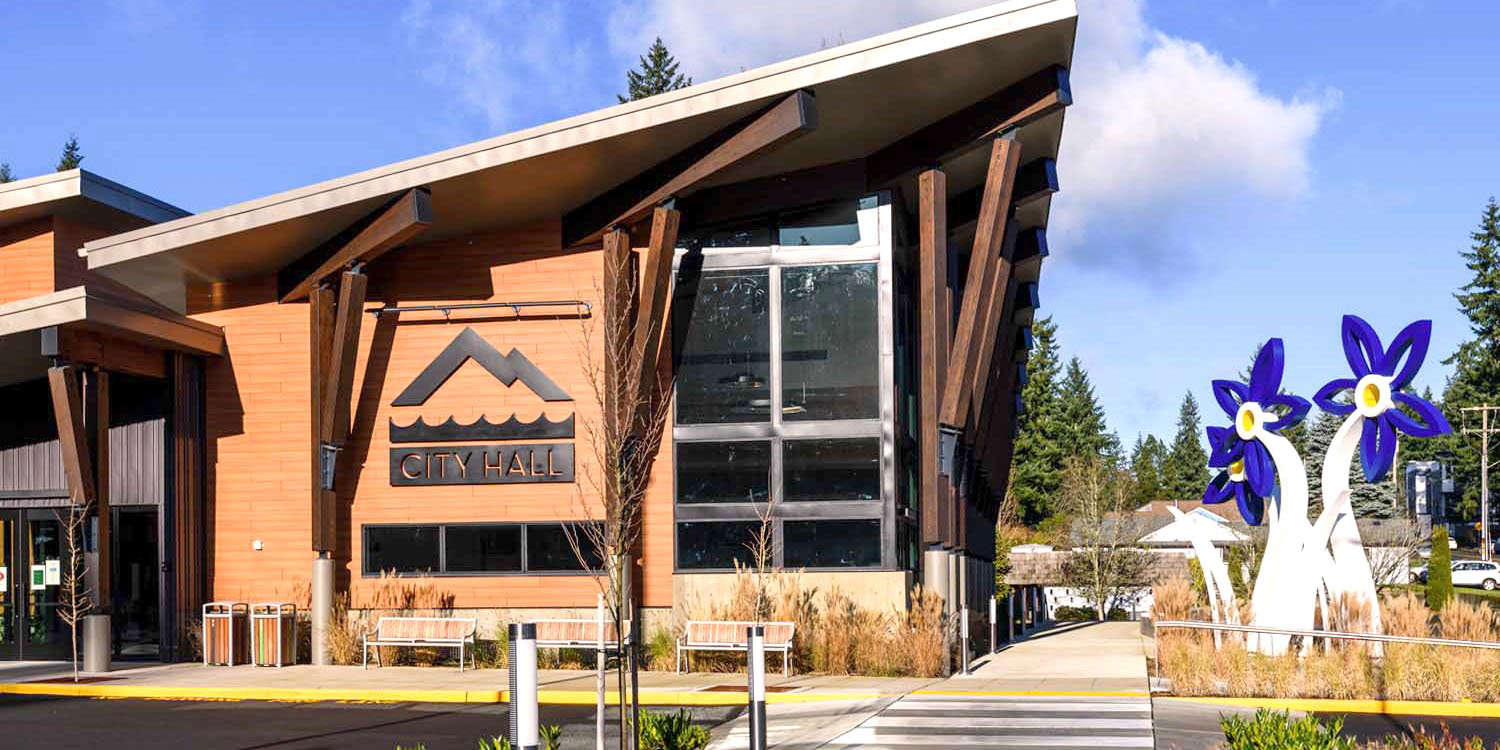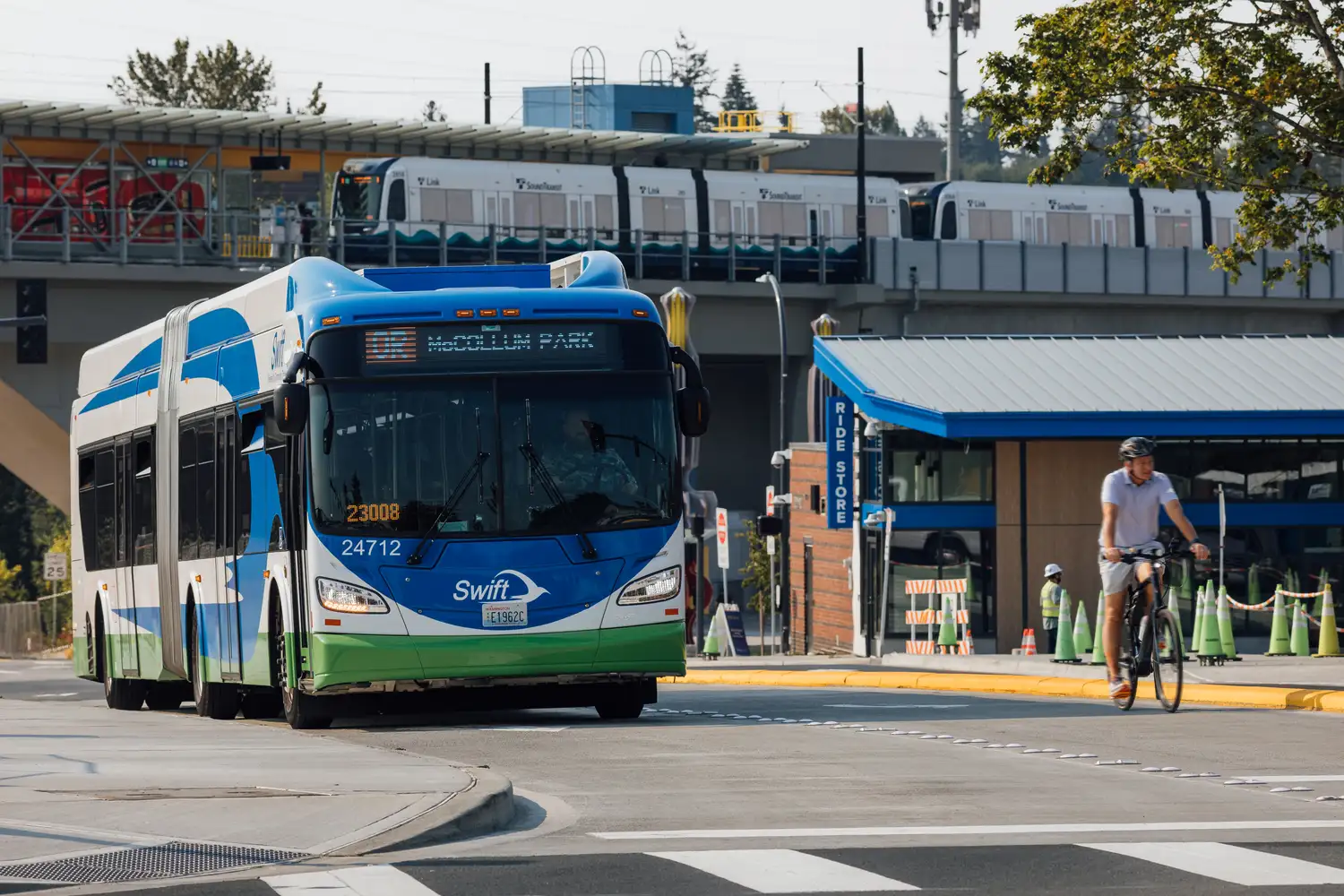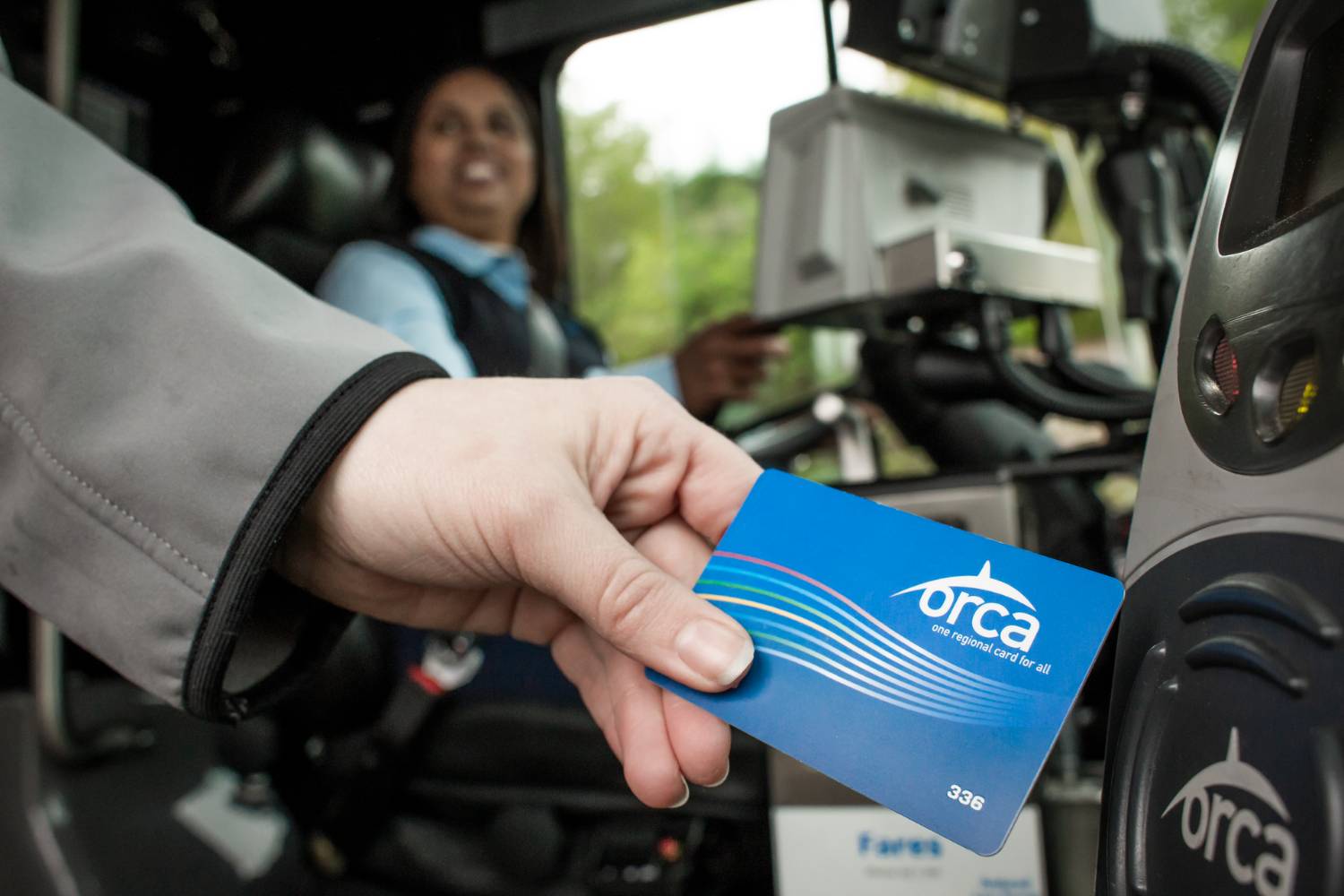Getting around Mountlake Terrace with Community Transit

Community Transit is here to get you where you want to go. We are proud to be a part of the Mountlake Terrace community — we live here, ride here, and drive here. Wherever you need to go in Mountlake Terrace, feel good about how you get there.
About Mountlake Terrace
Mountlake Terrace lies on the southern border of the county, adjacent to Shoreline and Lynnwood, and is 13 miles north of Seattle. The city had a population of 21,315 people counted in the 2020 census.
Some of its most popular destinations include its various neighborhoods — Town Center, Cedar Terrace, Lake Ballinger, Gateway, Cascade View, and Melody Hill.
Major employers in the city include health insurance firm Premera Blue Cross, Umpqua Bank, and the many retailers throughout the city.
People traveling to and from the area can take bus routes provided by both Community Transit and Sound Transit. Mountlake Terrace Transit Center is a major hub for many of these regional transit options. The transit center is also served by a King County Metro route that connects Mountlake Terrace to Shoreline and Northgate Mall in Seattle. Other options include DART paratransit service and Vanpool. Many of its 18 public parks also offer nearby options for pedestrians and bikers, including Ballinger Park which is adjacent to the Interurban Trail. The Interurban Trail is an inter-city hiking and cycling trail developed in the late 1990s that travels between Seattle and Everett on the former interurban railway route.

Ride our connections to light rail
Updated bus service brings you connections to light rail stations in Lynnwood, Mountlake Terrace, and Shoreline.



.webp?sfvrsn=9c3a2be1_2)